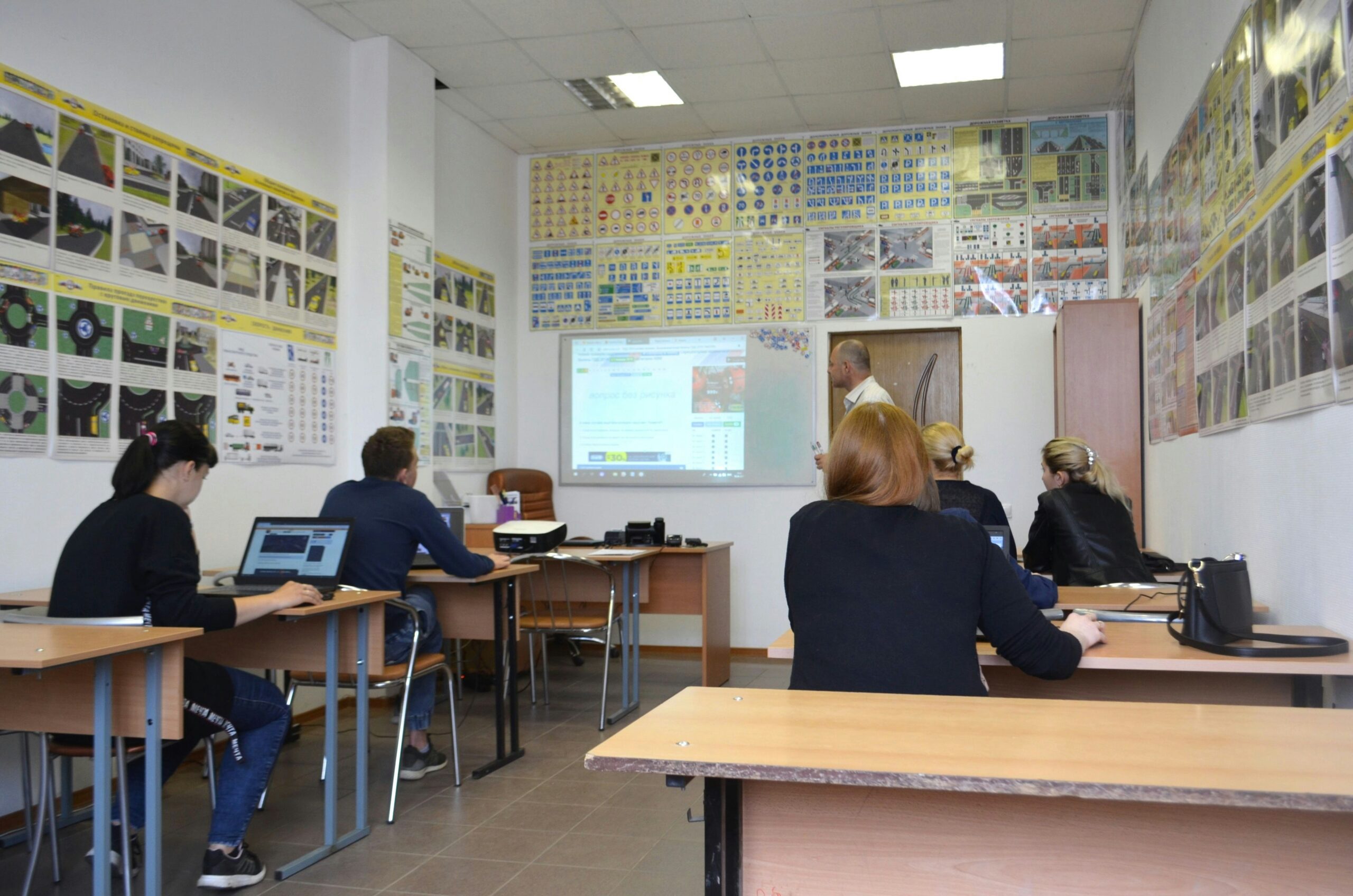
Particular education administration is a critical aspect of ensuring that students with diverse needs receive the support and resources necessary for their success. Effective administration in this field requires a combination of strategic planning, resource management, and ongoing professional development. This article outlines critical practices that can help administrators excel in their roles and foster an inclusive and effective educational environment.
Understanding the Legal Framework
Administrators must have a comprehensive understanding of the legal requirements governing special education. Federal laws, such as the Individuals with Disabilities Education Act (IDEA), mandate that schools provide a Free, Appropriate Public Education (FAPE) in the least restrictive environment. Administrators should stay informed about changes in legislation and ensure their policies and practices comply with these regulations.
Regular training sessions on legal updates and best practices can help administrators remain compliant and advocate effectively for their students. Establishing a straightforward process for handling disputes and ensuring proper documentation of all individualized education programs (IEPs) are also crucial components of adequate legal adherence.
Building a Collaborative Team
Successful education administration relies heavily on collaboration among various stakeholders, including teachers, parents, specialists, and students themselves. Creating a collaborative team involves:
Fostering Communication: Regular meetings and open lines of communication between team members help ensure everyone is on the same page regarding student needs and progress.
Encouraging Parent Involvement: Engaging parents in the decision-making process and keeping them informed about their child’s progress is essential. Administrators should provide resources and support to help parents navigate the unique education system.
Supporting Professional Development: Providing ongoing training for exceptional education staff ensures they have the latest knowledge and skills to support their students effectively. This can include workshops, conferences, and collaborative learning opportunities.
Implementing Effective Resource Management
Resource management is a crucial aspect of particular education administration. Administrators must allocate resources efficiently to meet the diverse needs of their students. Key practices include:
Budgeting Wisely: Develop a comprehensive budget that addresses the needs of special education programs, including staffing, materials, and technology. Regularly review and adjust the budget to ensure resources are used effectively.
Utilizing Technology: Leverage technology to support instruction and administrative tasks. Tools such as assistive technology can enhance learning experiences for students with disabilities, while data management systems can streamline administrative processes.
Monitoring Resource Utilization: Regularly assess how resources are being used and make adjustments as necessary. This includes evaluating the effectiveness of interventions and ensuring that all students receive the support they need.
Promoting Inclusive Practices
Inclusive education is a critical component of effective particular education administration. Administrators should focus on creating an environment where all students, regardless of their abilities, feel valued and included. Strategies for promoting inclusion include:
Integrating Support Services: Whenever possible, ensure that special education services are integrated into the general education environment. This approach helps students with disabilities benefit from interactions with their peers and participate in regular classroom activities.
Differentiating Instruction: Support teachers in using differentiated instruction techniques to meet the diverse needs of their students. This may involve adapting lesson plans, providing additional resources, or using various teaching methods to accommodate different learning styles.
Encouraging Peer Support: Foster a culture of acceptance and support among students. Programs that promote peer mentoring and buddy systems can help students with disabilities feel more included and supported.
Monitoring and Evaluating Programs
Ongoing evaluation is essential for ensuring the effectiveness of special education programs. Administrators should implement regular monitoring and assessment practices to track student progress and program effectiveness. This can include:
Data Analysis: Collect and analyze data on student performance, program outcomes, and resource utilization. Use this data to identify trends, areas for improvement, and successful strategies.
Feedback Mechanisms: Establish mechanisms for gathering feedback from students, parents, and staff. This feedback can provide valuable insights into the effectiveness of programs and highlight areas where adjustments may be needed.
Continuous Improvement: Use evaluation findings to make informed decisions and drive continuous improvement. Regularly review and update policies and practices to ensure they remain aligned with best practices and students’ evolving needs.
Addressing Challenges and Finding Solutions
Particular education administration often involves navigating complex challenges. Administrators must be prepared to address these challenges proactively and seek practical solutions. Common challenges include:
Resource Constraints: Limited budgets and resources can impact the ability to provide comprehensive support. Administrators should explore creative solutions, such as partnerships with community organizations or grants, to supplement available resources.
Staff Turnover: High turnover rates among exceptional education staff can disrupt continuity and impact student support. Implementing strategies for staff retention, such as professional development opportunities and supportive work environments, can help mitigate this issue.
Resistance to Change: Implementing new practices or changes to existing programs may encounter resistance. To facilitate successful transitions, administrators should involve stakeholders in the change process, provide clear communication, and offer support.
Effective education administration is essential for providing students with the support they need to thrive. By understanding the legal framework, building a collaborative team, managing resources effectively, promoting inclusive practices, and continuously evaluating programs, administrators can create an environment that supports all students and enhances their educational experience. Addressing challenges with proactive solutions ensures that special education programs remain effective and responsive to the needs of students. Through dedication and strategic planning, administrators can make a significant impact on the success and well-being of students with diverse needs.